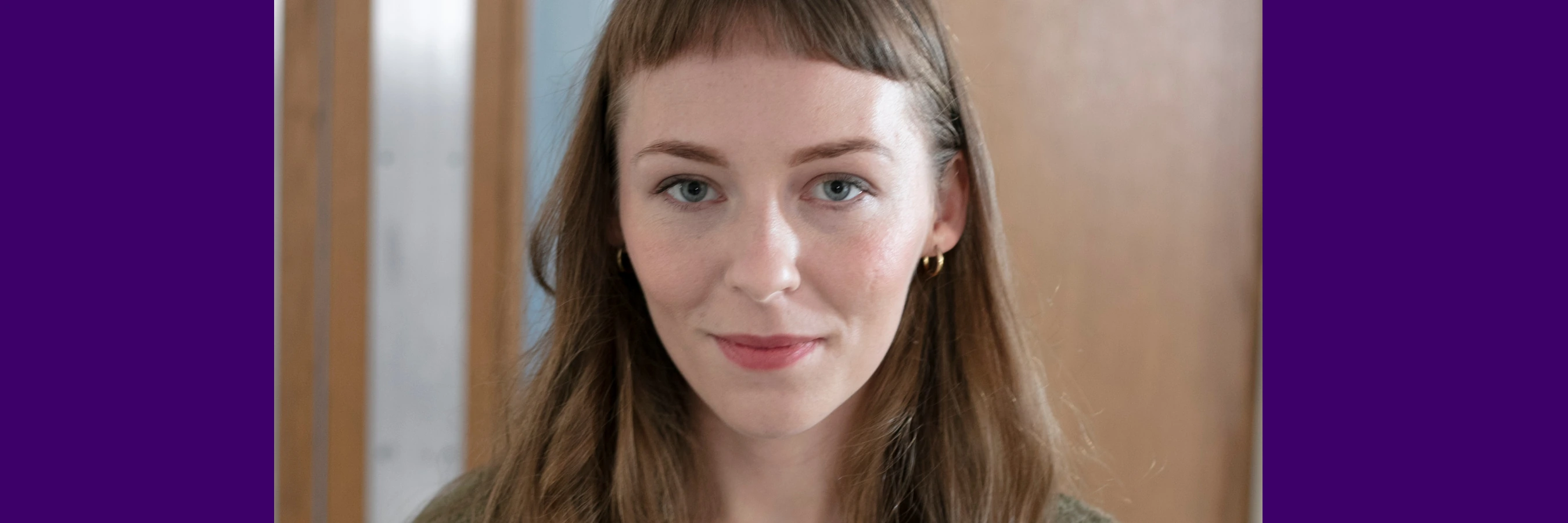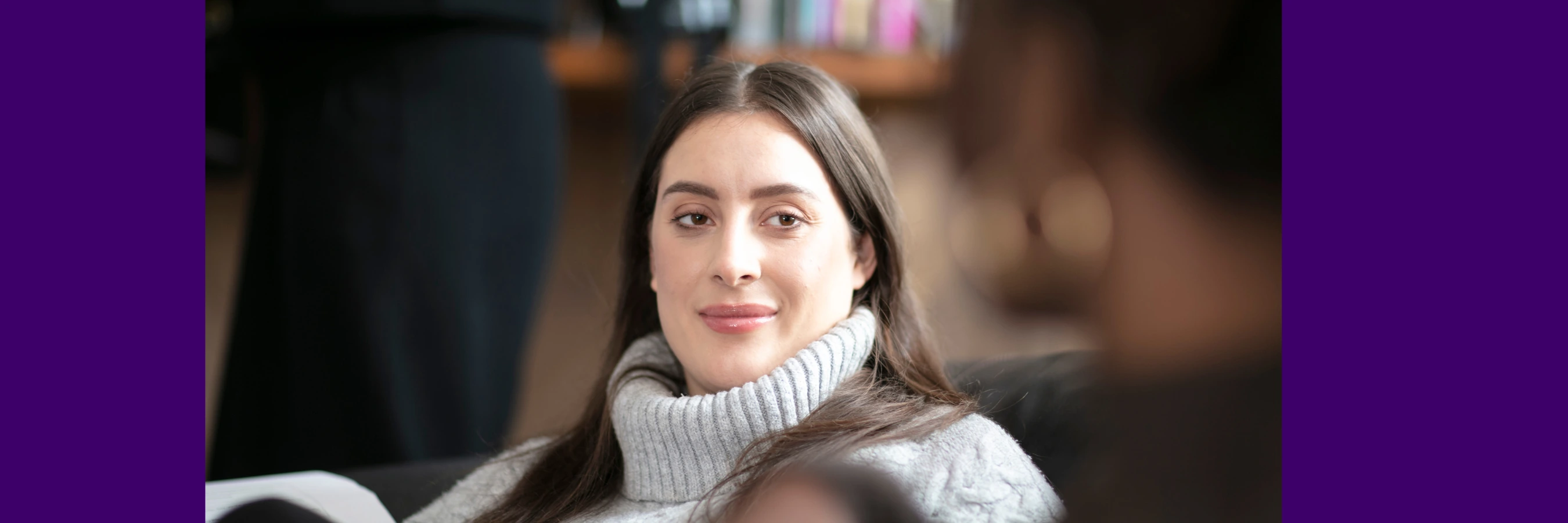Egg Donation
Egg donation is a generous and rewarding process that could help someone have a precious child of their own. It takes a special person to consider donating your eggs, and we design your donation journey to ensure that you feel supported and valued throughout.
Why become an egg donor?
- Egg donation is an opportunity to give someone the chance of becoming a parent, and if you’re the kind of person who likes to help others, it can be a truly rewarding experience. Your generosity can make a real difference to someone’s life.
- When you donate your eggs at our Care Fertility UK egg bank, you’ll receive £985 to cover your time and expenses.
If you’d like to chat through your decision with one of our donor enquiry team, you can contact us on 0808 178 2860. Our Care Fertility team will be happy to answer your questions and give you the information you need to help you decide whether donating eggs in the UK is right for you.
Criteria for donating eggs in the UK
- Your age should be between 18 and 35, as the quality of eggs can reduce after age 36
- You also need to be fit and healthy with no family history of hereditary illnesses
- For your safety, your BMI should be below 35.
The process of donating your eggs
- Filling out a detailed medical questionnaire which details any genetic illness within your family.
- Meeting a nurse from our donation team who will discuss the whole egg donation process with you in detail.
- Some hormone blood tests.
- A vaginal ultrasound scan.
- Screening for infectious diseases and genetic and hereditary conditions.
Egg donation payment: your compensation
Women who donate eggs at our egg bank receive compensation of £985 for each donation cycle.
The HFEA regulations state that in the UK it is illegal to pay for egg donation but that egg donors can receive compensation of up to £985 for each donation cycle. This sum covers any expenses for attending each appointment.
Frequently Asked Questions
Have a question about egg donation? Take a look at our help centre to find answers to frequently asked questions, including where to donate eggs near you and how many times you can donate.

“When I read about egg donation, I just instantly knew I was meant to do this. My only thought was, there are families out there who want a child, and this may be their only way. I need to give someone that chance. Care Fertility were absolutely amazing from start to finish, I felt incredibly supported and informed throughout.”
-One of our amazing donors
Thank you to our donors
"Donors are truly an inspiration and I see the wonderful impact they have on creating life. I share the joy their gift brings to recipients – it is an amazing gift."
Selina, Care Fertility Donation team



